View all filters
Clear
Hoe we minder zullen worden
Written in Dutch by Rebekka de Wit
9 minutes read
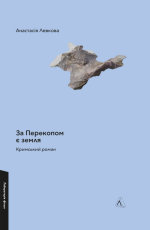
Bilo je nekoč na Krimu
Translated from
Ukranian
to
Slovenian
by Rina Pleteršek
Written in Ukranian by Anastasia Levkova
9 minutes read
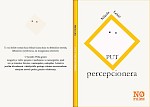
Fiori di loto che si chiudono (quando ci si entra) (La via del perceptionist)
Translated from
Serbian
to
Italian
by Katarina Mitić
Written in Serbian by Nikola Lekić
8 minutes read
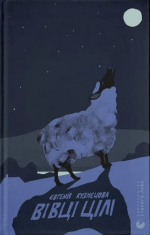
Een Oekraïens kerstverhaal
Translated from
Ukranian
to
Dutch
by Roman Nesterenco
Written in Ukranian by Eugenia Kuznetsova
6 minutes read

Flores de loto que se cierran (cuando en ellas se entra) (Put percepcionera )
Translated from
Serbian
to
Spanish
by Miguel Alonso
Written in Serbian by Nikola Lekić
8 minutes read
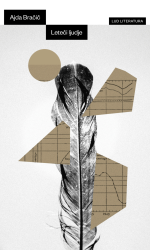
Немає нікого схожого на тебе (Летючі люди)
Translated from
Slovenian
to
Ukranian
by Yuliia Stankevych
Written in Slovenian by Ajda Bračič
7 minutes read
Very Important Person
Translated from
Slovenian
to
Spanish
by Xavier Farré
Written in Slovenian by Andraž Rožman
10 minutes read

Los setos
Translated from
Polish
to
Spanish
by Teresa Benítez
Written in Polish by Maria Karpińska
12 minutes read
Spotkanie po latach
Translated from
Romanian
to
Polish
by Olga Bartosiewicz-Nikolaev
Written in Romanian by Alexandru Potcoavă
8 minutes read
Il raduno
Translated from
Romanian
to
Italian
by Andreaa David
Written in Romanian by Alexandru Potcoavă
9 minutes read
De brug
Translated from
Portugese
to
Dutch
by Anne Lopes Michielsen
Written in Portugese by João Valente
10 minutes read
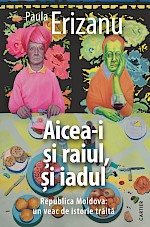
Ach, meiden (It’s Both Heaven and Hell Here. Moldova: a Century of Lived History)
Translated from
Romanian
to
Dutch
by Charlotte van Rooden
Written in Romanian by Paula Erizanu
8 minutes read

Žive meje
Translated from
Polish
to
Slovenian
by Sara Hočevar Mucić
Written in Polish by Maria Karpińska
10 minutes read
Dziennik
Translated from
Slovenian
to
Polish
by Joanna Borowy
Written in Slovenian by Mirt Komel
8 minutes read

Meine Mutter hat Blumen gezüchtet (I presupposti non contano)
Translated from
Serbian
to
Italian
by Katarina Mitić
Written in Serbian by Ljiljana D. Ćuk
6 minutes read
Very Important Person
Translated from
Slovenian
to
Serbian
by Jelena Dedeić
Written in Slovenian by Andraž Rožman
9 minutes read

Гей, дівчата (It’s Both Heaven and Hell Here. Moldova: a Century of Lived History)
Translated from
Romanian
to
Ukranian
by Paulina-Ionela Onujec
Written in Romanian by Paula Erizanu
6 minutes read

Hlas Suliny
Translated from
Dutch
to
Czech
by Klára Němcová
Written in Dutch by Anneleen Van Offel
6 minutes read

Ech, dziewuszki (It’s Both Heaven and Hell Here. Moldova: a Century of Lived History)
Translated from
Romanian
to
Polish
by Aleksander Podgórny
Written in Romanian by Paula Erizanu
6 minutes read

De Heggen
Translated from
Polish
to
Dutch
by Małgosia Briefjes
Written in Polish by Maria Karpińska
12 minutes read